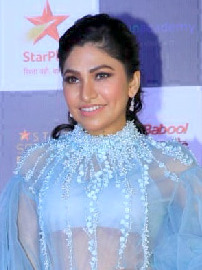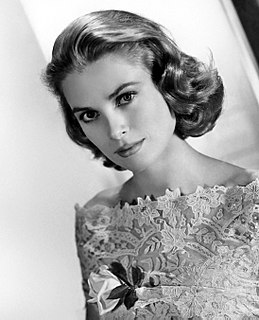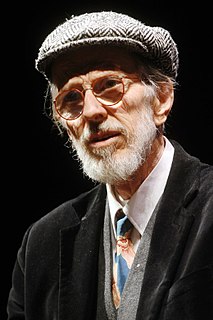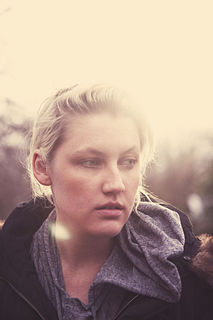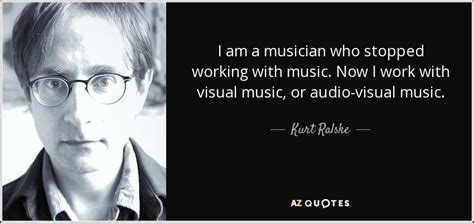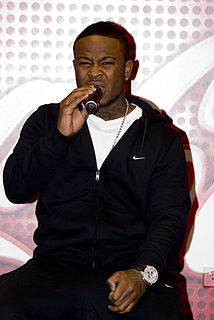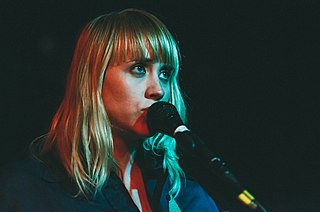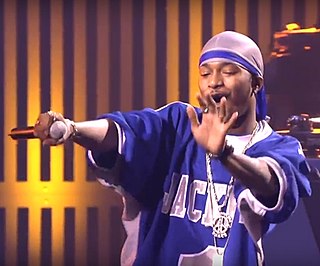A Quote by Robert Christgau
One of the things that's happened in the music I love over the past five, 10 years is that some people have gotten very old and continued to make music.
Related Quotes
I'm all for file sharing. That's great - as long as people are prepared for the significant consequences. One is that music will become completely couched in advertising. That's already happened. And another is that people should be prepared to have fun with the past because the only music that can possibly be free is the music that's from the past. It costs money to make music. And if people are prepared to only have the past to listen to, then let it be free.
I wasn't expecting [the Monk competition] would necessarily do that. So I just did what I did and some good things continued to happen and some doors continued to open and that kind of led me into the different associations that I developed in my 30s and some records that I've made on ArtistShare over the last 10 years or so.
As far as my single selections, over the years it's been a very essential part of my survival tactic, but I have no problem being able to jump on records with whoever people think is the rawest rapper in the game or number one or King or whatever they wanna name themselves, to be honest with you. It doesn't affect me, 'cause that's what I come from; I'm comfortable in that zone. But I don't wanna make hood music, I don't wanna make street music, I want to make world music, global music, international music.
The concept of what I want to do as an artist has not changed at all. When I was seven years old, I fell in love with writing songs and knew I wanted to make music and play it for a lot of people. Back then I said I wanted to heal people with music and bring them together. I called my music, "PAZZ," which means pop and jazz. To this day, all of those things still ring crystal clear.
Over the last 10 years, there have been so many incredible albums created in bedrooms by people who never would've gotten an album deal. People keep thinking of professional music studios like they've always been this way for hundreds of years, but they're very much a child of the 70s. Even the interior is very 70s. Everything's brown and it's wood - somebody told me the wood panels are all by the same company. We're always mourning things that have died. It's a bit much sometimes. These studios have no fresh air, and there's this unwritten rule that they don't have windows, either.
Winning slowly is another way of losing. Americans are screwing up our health care system again right now. That's going to cause grave trouble for people over the next five, 10 years. There are going to be lots of people who die, lots of people who are sick. It's going to be horrible. But 10 years from now it will not be harder to solve the problem because you ignored it for those 10 years. With climate change, that's not true. As each year passes, we move past certain physical tipping points that make it impossible to recover large parts of the world that we have known.
Some people who make music are instantly very savvy about how they can get their music to communicate in a larger way. For me, the music was always first, and I put a lot of time and effort and thought into making the recordings. But everything else around it, all the things that were necessary to have a career in pop music, I was completely ill equipped to handle.
If 5000 people bought my record, I would appreciate those 5000 people. I make music for them because music isn't supposed to be so money driven. I didn't get into the music game because I wanted to make money. I sing because that's a God given talent of mine and it's something I love to do. If it's 10,000 or a million people, I'm going to give people the music they like from me. That's what being an artist is. Whoever likes your work, that's who you do it for.
Music has as many roles as people make it. I traveled to Burma once years ago to witness the people's struggle for democracy, meet some people and learn some stuff. And I had this incredible experience over and over again in the Burmese jungle or refugee camps or health clinics with very oppressed, very devastated people. I show up, and I'm white and I'm American and I'm privileged and I have an experience that these people can't fathom and vice versa. There was this huge chasm when I met people for all good reasons.
People around me are always an inspiration due to their love of the music and they help me to generate ideas for music. But it's really the passion and drive I have for my music that keeps me connected. I recorded my first song in the studio at 8 years old and I've taken it seriously since then. Making music is fun to me so I aim to translate those feelings into the music.


